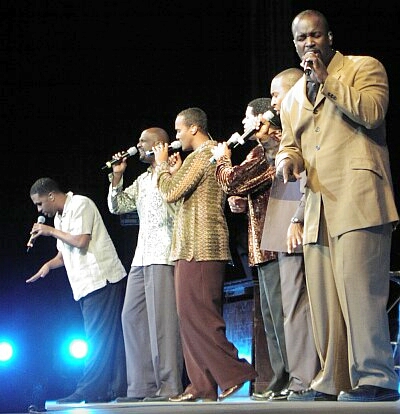different
Genres and forms of folk instrumental music
 The problem of the genre in modern musicology is one of the most pressing. In the scientific literature, genre groups are distinguished in accordance with various assessments: the performing staff (vocal, instrumental, mixed, solo, ensemble, orchestral, choral genres), the place of performance of music and its purpose (concert, theater, religious, street). The concept of the genre is most consistently developed in the works of Soviet musicologists V. Tsukerman and A. Sokhar. Continue reading
The problem of the genre in modern musicology is one of the most pressing. In the scientific literature, genre groups are distinguished in accordance with various assessments: the performing staff (vocal, instrumental, mixed, solo, ensemble, orchestral, choral genres), the place of performance of music and its purpose (concert, theater, religious, street). The concept of the genre is most consistently developed in the works of Soviet musicologists V. Tsukerman and A. Sokhar. Continue reading
Reflections on the genre of performance in music
 Any musical performance is a musical manifesto of the world, made in a shocking and entertaining way. But if, initially, the musical performance was aimed at changing society, at exposing the problems of society (just recall the Cage 4:33 experiment or some actions of the art movement “Fluxus”), then in its later interpretations the main goal becomes shocking . Today, performance has become an entertaining and completely harmless genre. Moreover, while in Russia in most of these musical experiments, they are still trying to express cosmic meanings (the same loud performances by the composer Oleg Karavaichuk), then in the West they have long ago switched to more “sparing” and at the same time accessible and understandable to the general public forms. Continue reading
Any musical performance is a musical manifesto of the world, made in a shocking and entertaining way. But if, initially, the musical performance was aimed at changing society, at exposing the problems of society (just recall the Cage 4:33 experiment or some actions of the art movement “Fluxus”), then in its later interpretations the main goal becomes shocking . Today, performance has become an entertaining and completely harmless genre. Moreover, while in Russia in most of these musical experiments, they are still trying to express cosmic meanings (the same loud performances by the composer Oleg Karavaichuk), then in the West they have long ago switched to more “sparing” and at the same time accessible and understandable to the general public forms. Continue reading
The story of the music
 Music is the dance of sounds created by man. The language of music is sensual, uncontrollable, elusively flexible, unpredictable.
Music is the dance of sounds created by man. The language of music is sensual, uncontrollable, elusively flexible, unpredictable.
Music, like sculpture and painting, takes for itself material from the outside world; the case of the last two arts is a combination of colors and shapes; the cause of music is a combination of sounds. Music borrows sounds from the material world, but disposes of them freely. She picks them up and combines them at will; her work is continuous creativity. Continue reading



